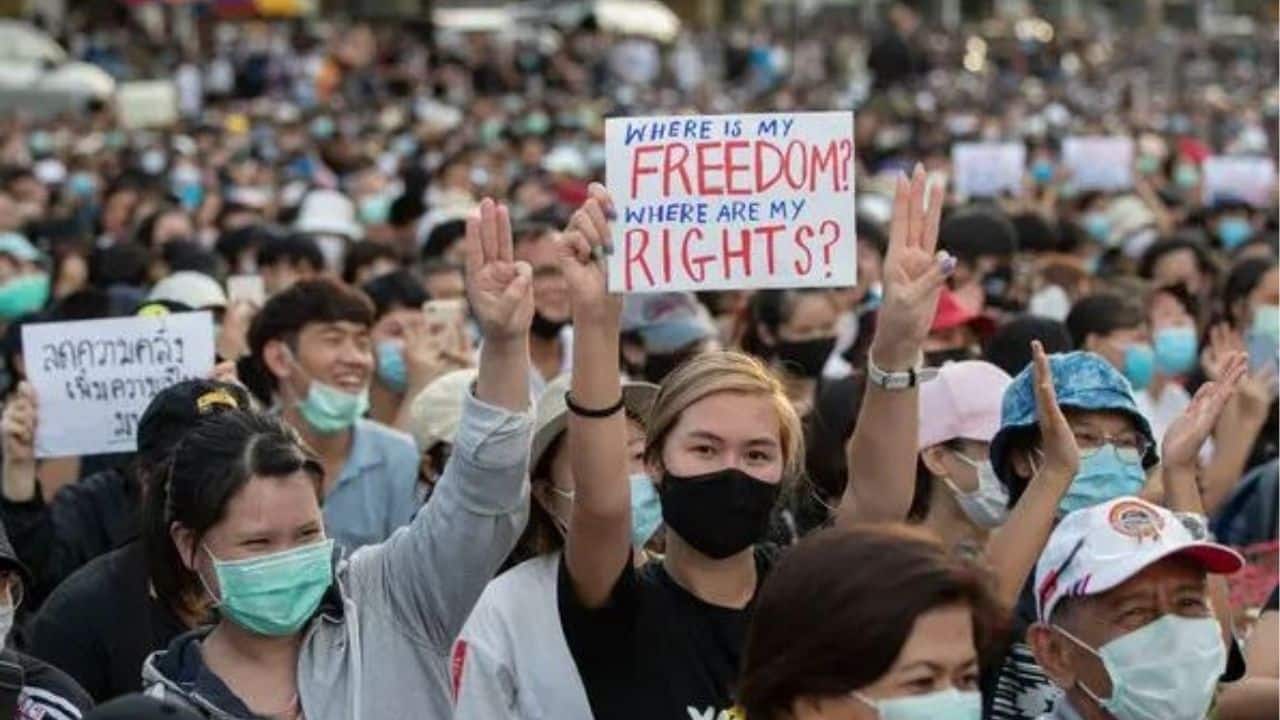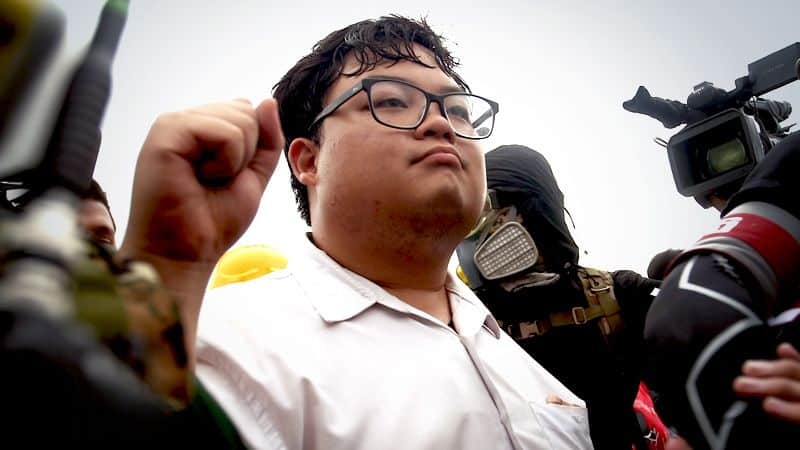

A Senate committee expressed support for an amnesty aimed at young people who may have committed political offences due to recklessness or impulsivity.
The Senate Committee on Political Development, Public Participation, Human Rights, Liberties, and Consumer Protection convened on Tuesday, July 22, to assess four amnesty bills, three of which are also being reviewed by a House committee.
On July 16, the House approved three out of five amnesty bills during their first reading. These approved bills were submitted by the United Thai Nation, Khru Thai, and Bhumjaithai parties. However, proposals from the People’s Party and a civil society group, supported by 36,723 signatories, did not pass.
The Senate committee invited all five sponsors for further discussions about their proposals. Four sponsors attended, but Bhumjaithai was not represented, according to Committee Spokesperson Pornchai Wiriyalert.

The committee aims to evaluate whether these bills could facilitate national reconciliation after two decades of political conflict, while also considering public criticism.
Pornchai explained that the four amnesty bills fall into two categories. The first category specifies the offences eligible for amnesty, allowing for quick implementation, as individuals found guilty of these offences would automatically receive amnesty upon the laws’ passage. However, this approach may be perceived as biased.
The second category does not specify offences in advance but proposes the establishment of a review committee to assess individual cases. Although this allows for detailed consideration, it could lead to prolonged deliberations.
Some bills suggest granting amnesty for severe criminal offences such as terrorism, treason (Section 113 of the Criminal Code), illegal arms possession (Section 114), or arson, while excluding those charged under Section 112 (the lese-majeste law), which carries penalties of three to 15 years in prison.
Many Section 112 cases involve non-violent online activities, like posting or sharing content on Facebook, with some offenders facing prison sentences exceeding 20 years.

The committee highlighted that if Section 112 offences were motivated by political reasons rather than a desire to incite unrest, they should be eligible for amnesty.
Furthermore, the proposed bills include the creation of committees to evaluate cases, with the Senate committee advocating for these bodies to be inclusive and not dominated by any single political faction, reported Bangkok Post.
Pornchai noted the committee’s endorsement of the civil society bill, which seeks amnesty for young people whose actions may have been impulsive or propelled by youthful enthusiasm.
The story Senate backs amnesty for impulsive youth in political offences as seen on Thaiger News.
